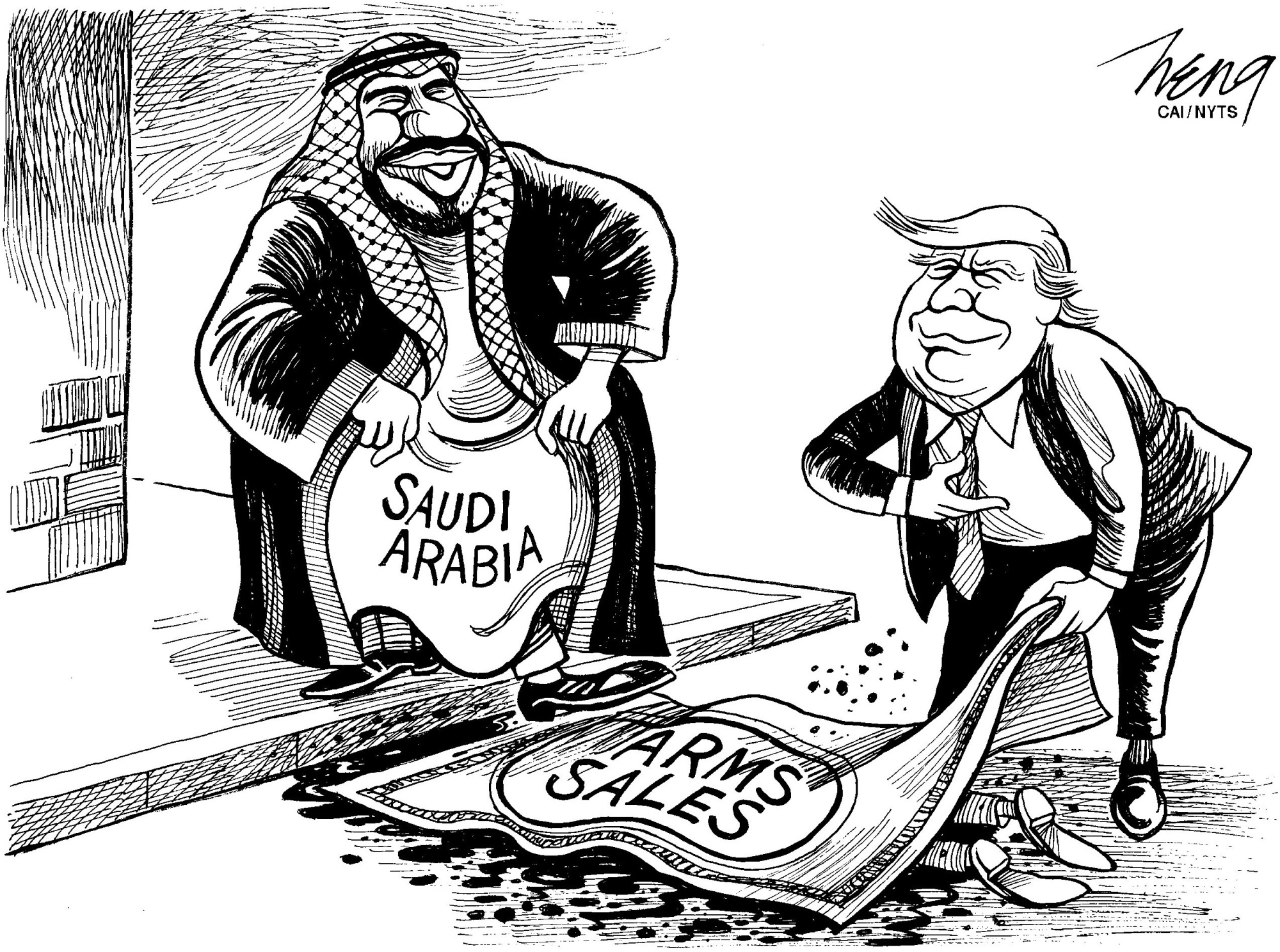The alleged killing of the Saudi Arabian dissident journalist Jamal Khashoggi, a permanent resident of the United States, in the kingdom's consulate in Istanbul has unleashed a tidal wave of criticism. In the U.S. Congress, Democrats and Republicans alike have promised to end weapons sales to Saudi Arabia and impose sanctions if its government is shown to have murdered Khashoggi.
But significant damage to bilateral ties, let alone a diplomatic rupture, is not in the cards, even if all the evidence points to a state-sanctioned assassination. Saudi Arabia is simply too crucial to U.S. interests to allow the death of one man to affect the relationship. And with new allies working with old lobbyists to stem the damage, it is unlikely that the episode will lead to anything more than a lovers' quarrel.
Saudi Arabia's special role in American foreign policy is a lesson that U.S. presidents learn only with experience. When Bill Clinton assumed the presidency, his advisers were bent on distancing the new administration from George H.W. Bush's policies. Among the changes sought by Clinton's national security adviser, Anthony Lake, was an end to the unfettered White House access that Saudi Arabian Ambassador Bandar bin Sultan enjoyed during the Reagan and Bush presidencies. Bandar was to be treated like any other ambassador.
















With your current subscription plan you can comment on stories. However, before writing your first comment, please create a display name in the Profile section of your subscriber account page.